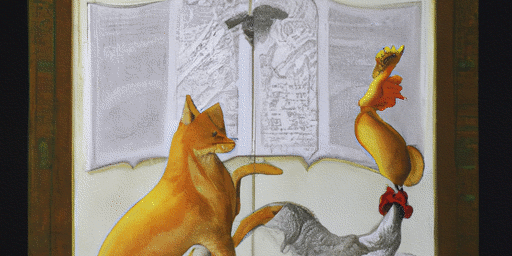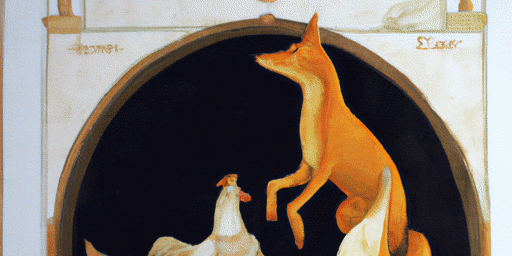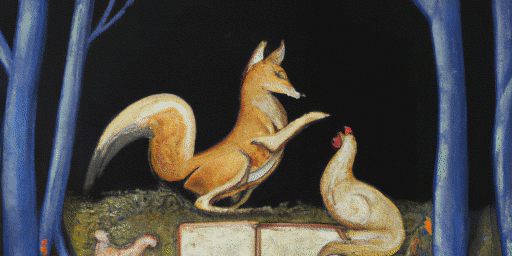Bring out yer dead!
Tristan Louis blogged about how we are killing the internet by moving our data from discoverable networked http spaces to closed off databases at Facebook and Apps on Android and Apple. And sure enough the big dot-com companies are playing a serious game of land grab. Currently that game is played with applications and data. With those two elements the dot-coms form silos within the Internet, and we can’t play nice with them in the open data sense. However, data that is entered in an application by a user is morally of course still the intellectual property of that user, no matter what infamous privacy statements may proclaim.
To save the internet Louis suggests that we shouldn’t use apps that close data to the wider community. But that is at odds with an Internet that more and more extends into hardware gadgets like iPads and smartphones and into reality augmenting apps. Assuring the Internet stays an open place should not be sought by boycotting the Internet Of Things. The problem here is not caused by the Internet moving into new realms and functionalities, as Louis argues. It is rather the current inability to share openly the data of ‘Things and Apps’.
Fundamentally technically nothing is impeding the open sharing of data. Many apps actually do share their user data happily –through Dropbox for instance. But undeniable indeed big companies like Facebook and Google are founded on the digital gold represented by user data. Companies are mainly interested in user tracking data. That is: the statistical analysis data that tells something about the behavior of users. The other part –the user generated content– is interesting of course, but mainly as analysis base for tracking and profiling. User profile data and user generated content are separable streams of data within any app. Thus it should be possible to expose user generated content over standard http protocols to be discoverable and shareable. And in fact there are initiatives in the open source development realm already creating blueprint technology for fair sharing of user content, like Unhosted. User tracking data is rightfully in the ownership of Internet companies. If users don’t want that they should not use the applications of such companies. In any case a clean separation between the two types of data is thence possible.
A problem is of course that there is no real intrinsic reason for apps and Facebook-like Internet applications to serve user generated content openly, because for that you need to implement extra services. Moreover dot com companies will still tend to think as the user data as the gold of their business model. But as said, in essence the gold is not the user content as such but the profiles derived from it. An intrinsic motivation might be found at a certain moment with two start ups that don’t mind sharing their user content to rapidly grow their user content base so as to grow faster into competitive mode with well established Internet businesses.
We’re also looking –I tend to think– at a typical situation where legislation might be enhancing democratic behavior. I’m as cautious with suggesting legislation as with medicine use. If one can do without, please do. But in this case we might have an actual legislation need. Companies have been successful for decennia in limiting the use of data through copyright infringement law. Such laws were not even that much in the interest of actual artists but more in the interest of people that derived money of the work of artists, dead or alive. Some initiative to also protect the right of general citizens to protect their data from being closed down by companies would be opportune. Currently much sought legislation is also going that direction.
Open data and the lawful conformation of the right to guard one’s own data is part of bringing about a smarter society respecting both the needs of companies and citizens.
(This post originally started as a comment on ‘I killed the Internet’ at TextualScholarship.nl but it grew into its own blogpost size. The title of this blogpost is of course a reference to the famous Monty Python scene…)


